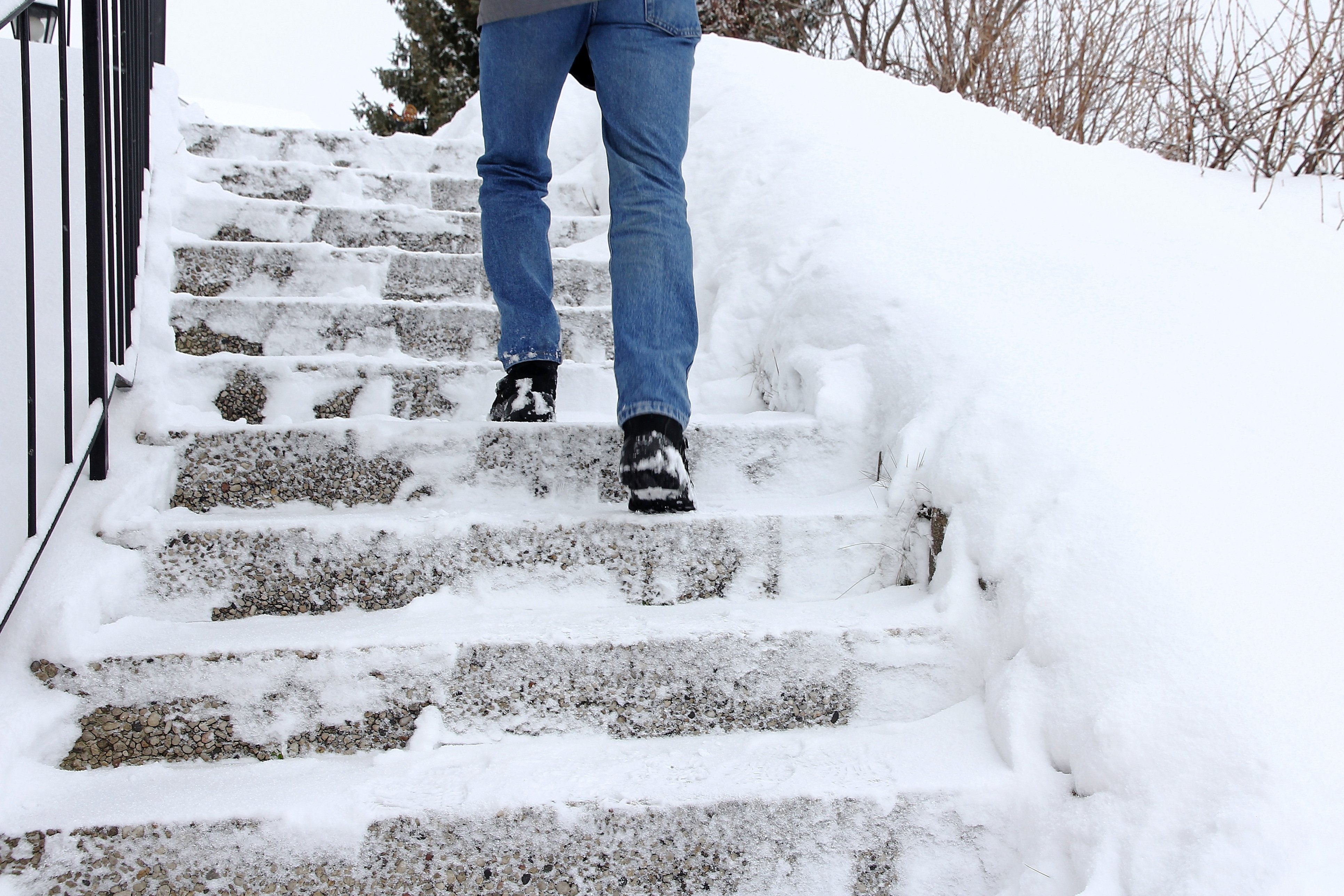Essential winter safety tips for navigating New England weather
Winter in New England can be both magical and brutal. From the charm of snow-covered streets to the biting chill of wind, it’s important to be well-prepared for the season. Whether you’re a lifelong resident or a newcomer to New England, winter safety is a must. Continue reading for essential tips to help you stay safe, warm, and healthy during the colder months.
Stay informed
Keep an eye on the weather forecasts and local alerts, especially during the winter months. This can help you prepare for potential issues after a storm. This includes car accidents, snow removal injuries, below-freezing temperatures, and carbon monoxide incidents.
Dress in weather-appropriate clothing
As most know, the weather in New England can be unpredictable. The key to comfort and warmth is dressing in layers. Wear several layers of loose-fitting, lightweight clothing when it's cold outside. Start with a moisture-wicking base, such as a wool layer, to keep sweat off your skin. Add on an insulating layer, like fleece or down. Then, finish with a waterproof and windproof outer layer. Don’t forget warm gloves, a hat, a scarf, and thermal socks, too.
Winterize your home
Make sure your home is ready for power outages or extreme cold weather. Remember to have your heating system serviced as temperatures drop. If you have a fireplace, have it professionally cleaned before lighting the first fire of the season. Also, inspect your insulation and use weather-stripping or caulking to seal any drafts around windows and doors.
Driving in the snow and ice
Driving in New England during the winter is serious. Snow and ice can create hazardous road conditions. Before driving, clear all snow and ice from your car. This includes the roof, windows, and mirrors. Not doing so could reduce visibility and result in fines.
Reduce your speed in snowy or icy conditions and leave extra space between you and the vehicle in front of you. You also want to ensure that your windshield wipers are functioning properly. And try not to keep your gas tank lower than half a tank, as this will prevent the gas line from freezing.
Prepare for power outages
Before a storm, ensure your phone, laptop, and other electronic devices are fully charged in case of a power outage. If the power goes out, use flashlights instead of candles and avoid opening the fridge or freezer to keep food cold. Stock up with enough heating fuel or a backup heating source, like a fireplace, wood stove, or generator. If using a generator, keep it outside and away from windows to prevent carbon monoxide buildup.
Have an emergency kit
Having a winter emergency kit for your car and home is crucial. Start by considering the essential items needed for basic survival: water, food, warmth, clean air, and any necessary medications or medical equipment. Be sure to tailor your emergency kit to suit you and your family.
Be mindful of mental health
Winter can take a toll on your mental health, especially with shorter days and less sunlight. Seasonal affective disorder (SAD) affects many people during the colder months, but there are ways to cope.
- Get sunlight: Even on cloudy days, try to spend some time outdoors during daylight hours. Sunlight, or even just fresh air, can help boost your mood and energy levels.
- Stay active: Regular exercise is not only good for your physical health but also helps improve mental well-being. Consider winter activities like cross-country skiing, ice skating, or even just walking in the snow.
- Stay connected: If you're feeling isolated, reach out to friends, family, or support groups. Social interaction can provide a positive boost, even during the coldest days of winter.
Resources for low-income families in Massachusetts
The Low-Income Weatherization Assistance Program provides eligible households with full-scale home energy efficiency services. Households may also be eligible for a variety of utility-funded energy efficiency programs that vary by utility service area. The most common measures are:
- Air sealing to reduce infiltration
- Attic insulation
- Sidewall insulation
- Floor insulation
- Pipe and/or duct insulation
- Limited energy-related repairs
Homes can receive an evaluation of the heating system and health and safety testing of all combustion appliances. Households can apply starting October 1 online through April 30 of the program year. You may also review the Cold Relief Brochure 2025 or contact the Cold Relief Heatline at (800) 632-8175.
Winter in New England is a season to be enjoyed, but it's essential to take precautions to ensure your safety. By preparing your home, dressing appropriately, driving cautiously, and staying aware of the risks, you can embrace the beauty of New England's winter months while keeping yourself, your family, and your property safe.
If you are in Massachusetts and have an emergency, dial 9-1-1. If you are calling from out of state to report an emergency in Massachusetts, call 508-872-2508.
Stay connected with Mass General Brigham Health Plan on Instagram, LinkedIn, Facebook, and YouTube.
